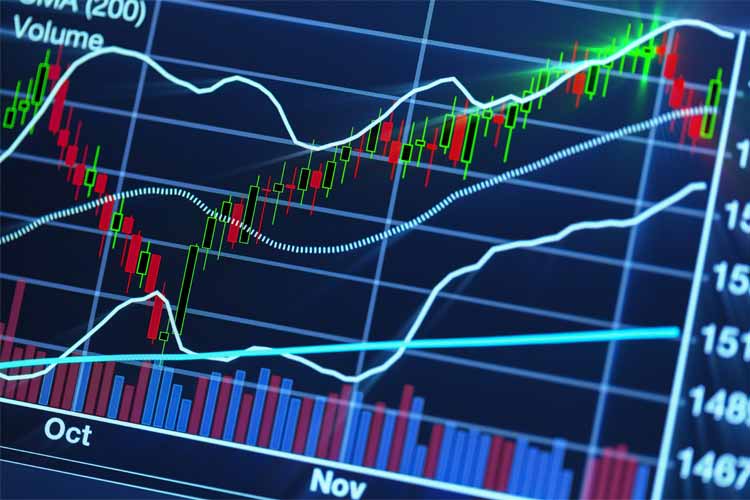
The stock has rallied almost 48% off its late-December low
Best Buy Co Inc (NYSE:BBY) was not resilient to the broad-market sell-off in late 2018, skimming a 20-month low of $47.72 on Dec. 24. Since then, the retail stock is up almost 49% -- thanks in part to a late-February post-earnings bull gap -- but is now trading near a trendline with historically bearish implications.
Specifically, BBY stock has run up to its 320-day moving average. According to data from Schaeffer's Senior Quantitative Analyst Rocky White, there have been three other times over the past three years the security has come within one standard deviation of this trendline after a lengthy stretch below it, resulting in an average one-month loss of 3.99% for Best Buy.

At last check, BBY stock was trading down 0.04% at $70.53 -- erasing an earlier lead of nearly 4%, following an upgrade to "outperform" from "perform" from Oppenheimer. The brokerage firm also set an $86 price target, saying the retailer has "undergone a significant transformation" in recent years, and the "market narrative on BBY is now more upbeat."
Most analysts remain skeptical of Best Buy, though, with the majority of the 16 covering brokerages rating the retail stock a tepid "hold." Meanwhile, the average 12-month price target of $76.97 is a tame 9.1% premium to current trading levels.
Options traders, on the other hand, have been initiating bullish bets over bearish at an accelerated clip. BBY's 10-day call/put volume ratio of 1.92 on the International Securities Exchange (ISE), Chicago Board Options Exchange (CBOE), and NASDAQ OMX PHLX (PHLX) ranks in the 96th annual percentile, meaning the rate of call buying relative to put buying has been quicker than usual.
Regardless of whether it's calls or puts, it's an attractive time to buy premium on near-term BBY options. The stock's Schaeffer's Volatility Index (SVI) of 24% ranks in the 2nd percentile of its 12-month range, indicating low volatility expectations are being priced into short-term contracts.